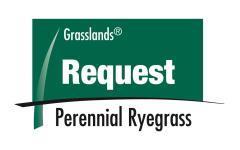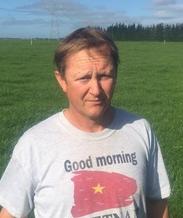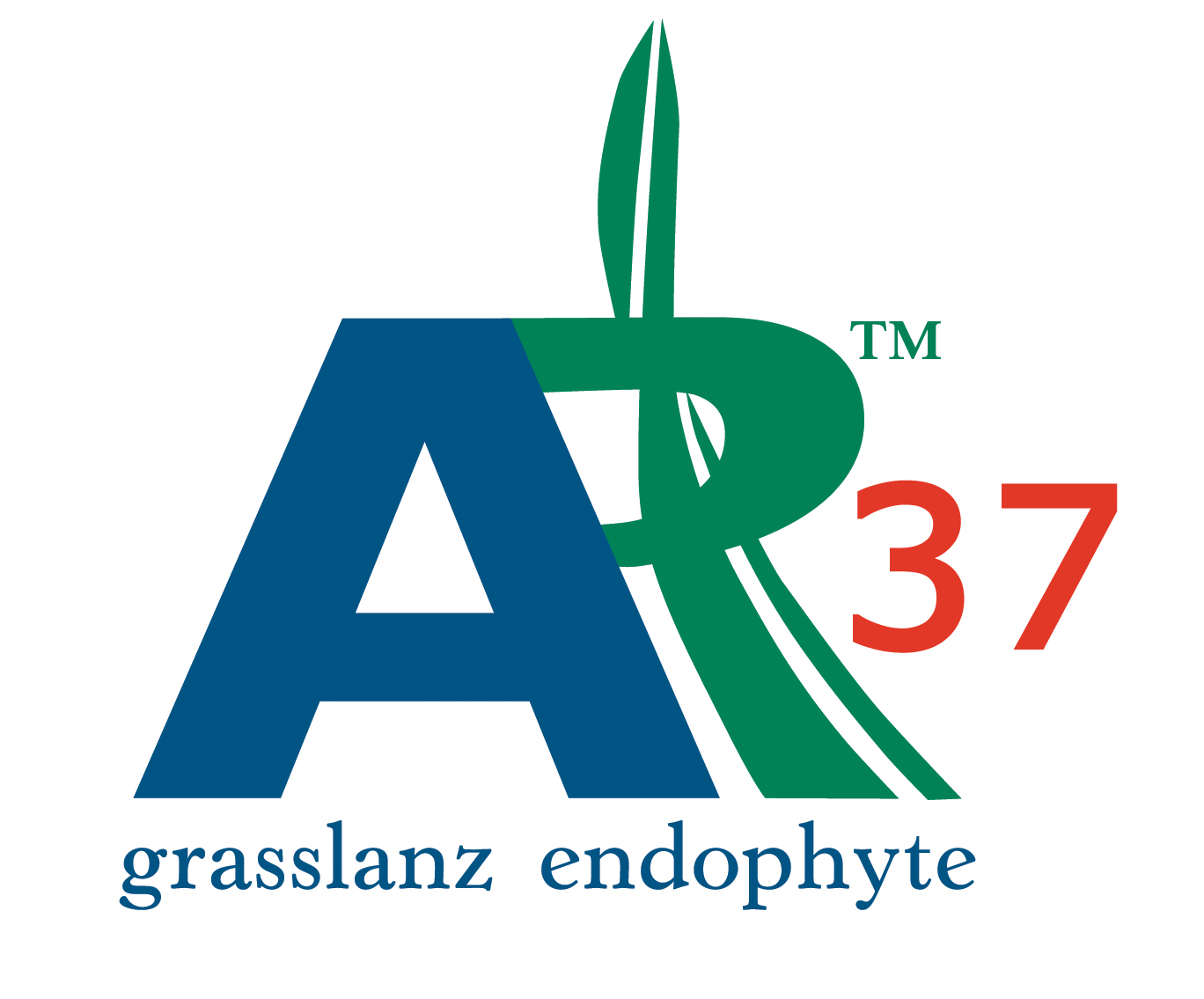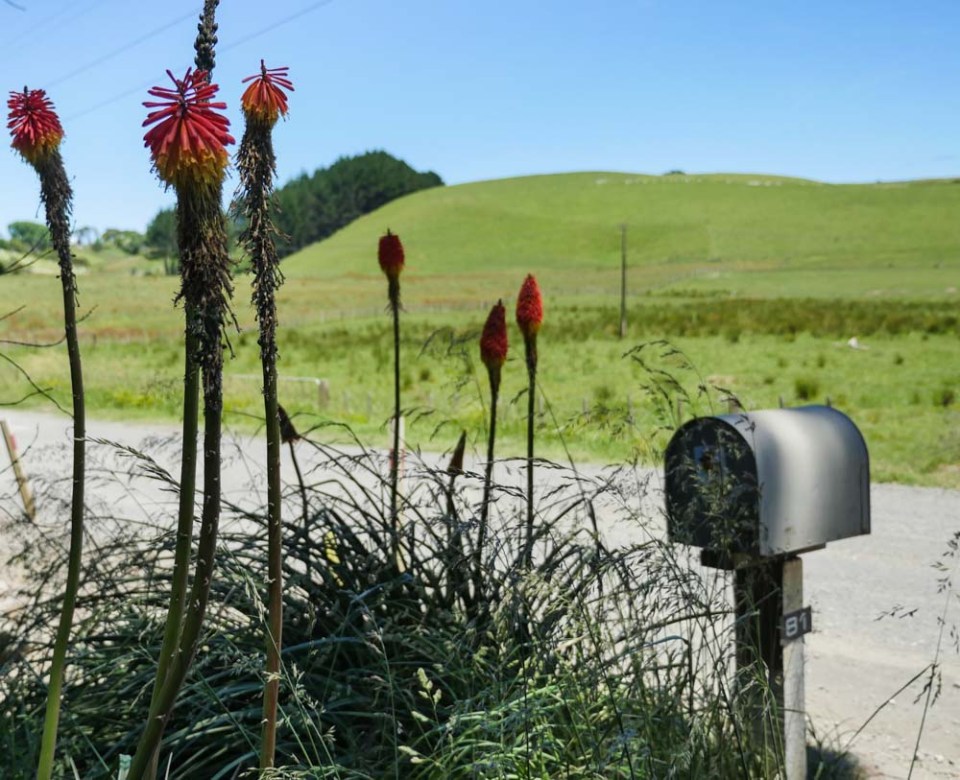Request
Early Spring Growth

- Heading Date Mid (0)
- Ploidy Diploid
- Endophyte AR37, AR1
- Rust Tolerance Good
- Grazing Seasons Spring, Summer
Request is a high performance mid heading diploid perennial. Request has high yield potential, with strong autumn growth often only seen in late heading ryegrasses. Request produces strongly through the spring season, typical of mid heading ryegrasses. Request is a very leafy summer grass with low aftermath heading, returning to vegetative production early in summer.
- Available with AR37 and AR1 novel endophytes
- Mid heading diploid perennial (0 days)
- Very low aftermath heading, returning to leaf production by summer
- Very good spring, autumn and winter production for its type
Over the last few years the entire dairy industry appears to have moved to late heading ryegrasses. This has brought with it an increase in total production associated with late spring, summer, autumn and winter yield. Late heading ryegrasses also help maintain spring pasture quality all the way up to December as they don’t seed until late November. In general, late heading ryegrasses and the improved spring quality can come at a price. This being the loss of the September and October flush capable from mid heading ryegrasses associated with their seed head development.
Key Tips
- The relative spring advantage of Request is often larger in cooler environments
- To manage pasture quality in spring Request should be intensely grazed in mid-October and be on a fast return for the next grazing round in early November
- Request is an ideal option for early silage production where it would benefit from higher sowing rates (6 kg/ha) of Relish red clover in the pastures mix

Performance Data
Agricom values the individual trials that are undertaken New Zealand-wide and the data they provide. For us, while the results may have statistical limitations, they deliver invaluable information on teh basis of the specific locations and conditions in which they are undertaken, especially from the experiences and anecdotal feedback received.
Multiple trial summaries offer a level of confidence that a result will be repeated. It is important to be aware that the number of trials a cultivar is summarised in relates to the confidence you can have that the data summary will not change with the addition of extra trials. Cultivars summarised from at least 8-10 trials are less likely to change than ones summarised from 3-4 trials.
Request is one of the few traditional mid heading ryegrasses that compete with modern late heading ryegrasses for total yield. Request exhibits strong performance in early spring, late spring, summer and autumn. Request is outstanding for early spring growth.
Suggested Mixes
Dairy Pasture Example Mix
| Rate (kg/ha) | |
|---|---|
| Request AR37 or AR1 perennial ryegrass* | 20 |
| Mainstay white clover | 3 |
| Tribute white clover | 2 |
| TOTAL | 25 |
*It is not advisable to mix AR37 and AR1 varieties. AR1 is not recommended for areas where black beetle, porina or root aphid are common problem pests. Grass seed should be Superstrike treated where Argentine stem weevil, black beetle or grass grub are a risk to seedlings. For more information on AR37 endophyte, visit AR37.co.nz. AR37 endophyte is not suitable for deer or horse pastures.
Sheep and Beef Pasture Example Mix
| Rate (kg/ha) | |
|---|---|
| Request AR37 or AR1 perennial ryegrass | 18 |
| Tribute white clover | 5 |
| Relish red clover | 4 |
| Choice chicory | 2 |
| Agritonic plantain or Ecotain® envrionmental plantain | 1 |
| TOTAL | 30 |

Rotation Products

Visit the AR37 website
Read more
